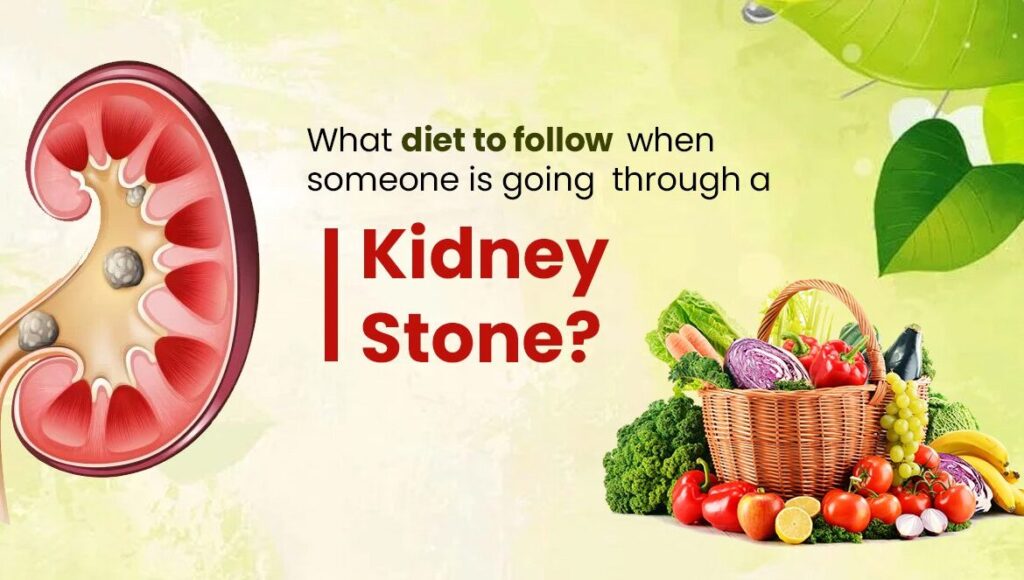A Diet Plan for Kidney Stone Prevention
Kidney stones are a painful condition affecting millions of people worldwide. While various factors contribute to their formation, dietary choices play a crucial role in preventing and managing kidney stones. We’re committed to empowering individuals with personalized dietary plans designed to support kidney health and reduce the risk of kidney stone formation.

The Kidney Stone Prevention Diet
A diet plan for kidney stone prevention focuses on maintaining proper hydration, reducing the concentration of stone-forming substances in the urine, and promoting overall kidney health. Here are key components of a kidney stone prevention diet:
- Stay Hydrated: Drink plenty of water throughout the day to maintain adequate urine volume and prevent the formation of concentrated urine, which can increase the risk of kidney stone formation.
- Limit Sodium Intake: Reduce sodium consumption by avoiding processed foods, canned soups, and salty snacks. High sodium intake can lead to calcium excretion in the urine, contributing to stone formation.
- Moderate Protein Consumption: Opt for moderate protein intake from lean sources such as poultry, fish, tofu, and legumes. Diets high in animal protein can increase the risk of uric acid and calcium oxalate stone formation.
- Control Oxalate Intake: Limit foods high in oxalate, such as spinach, rhubarb, beets, nuts, chocolate, and tea. Oxalate binds with calcium in the urine, forming calcium oxalate stones.
- Increase Citrus Fruits: Incorporate citrus fruits like oranges, lemons, and limes into your diet. Citrate, found in citrus fruits, can help prevent stone formation by binding to calcium in the urine and inhibiting crystal formation.
- Moderate Calcium Intake: Maintain adequate calcium intake from dietary sources like dairy products, leafy greens, and fortified foods. Adequate calcium consumption can help bind with oxalate in the intestines, reducing its absorption and lowering the risk of calcium oxalate stone formation.
Additional Dietary Tips
- Limit Oxalate-Rich Foods: In addition to oxalate-rich foods, limit consumption of high-oxalate foods like beets, potatoes, and soy products.
- Moderate Alcohol and Caffeine: Limit alcohol and caffeine consumption, as they can increase urine output and potentially lead to dehydration, which increases the risk of stone formation.
- Seek Professional Guidance: Consult with a healthcare provider or registered dietitian to develop a personalized diet plan tailored to your specific needs and risk factors for kidney stones.
FAQ's
Kidney stones are solid deposits of minerals and salts that form in the kidneys or urinary tract, causing pain and discomfort.
Kidney stones can form due to various factors such as dehydration, dietary habits, genetics, and certain medical conditions.
Diet plays a significant role in kidney stone formation, with factors like hydration, sodium intake, and consumption of oxalate-rich foods influencing stone formation.
Avoid foods high in oxalate, sodium, and animal proteins, as well as dehydration, which can increase the risk of kidney stone formation.
Incorporate hydrating foods, citrus fruits, and moderate calcium intake to help prevent kidney stone formation and support overall kidney health.
While dietary changes can help prevent kidney stones, consulting with a healthcare provider or registered dietitian can provide personalized guidance tailored to your specific needs and risk factors.
